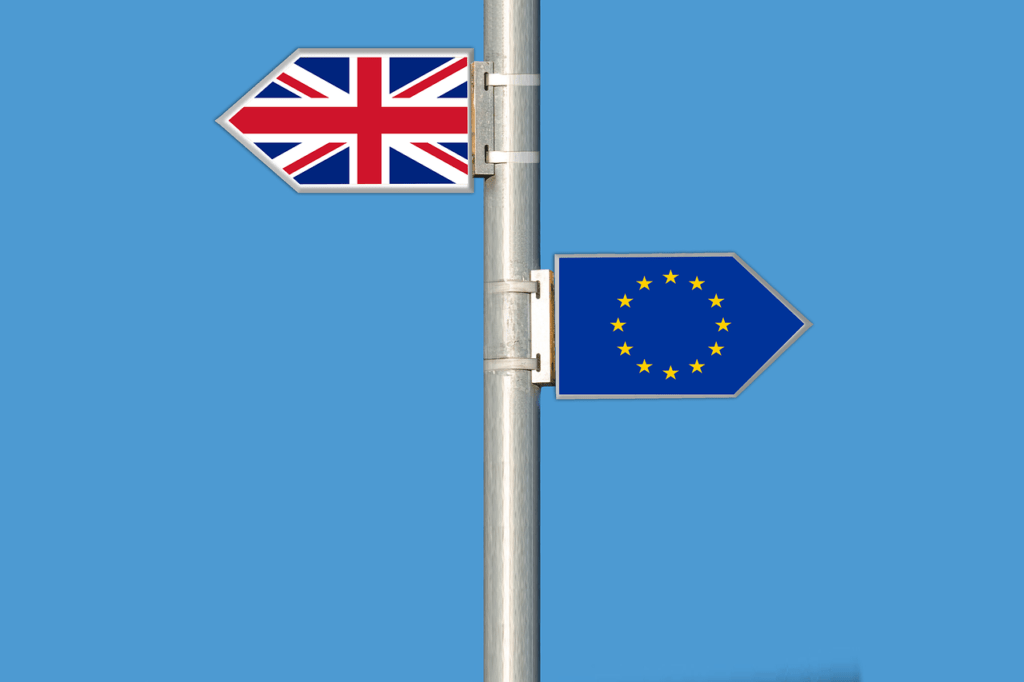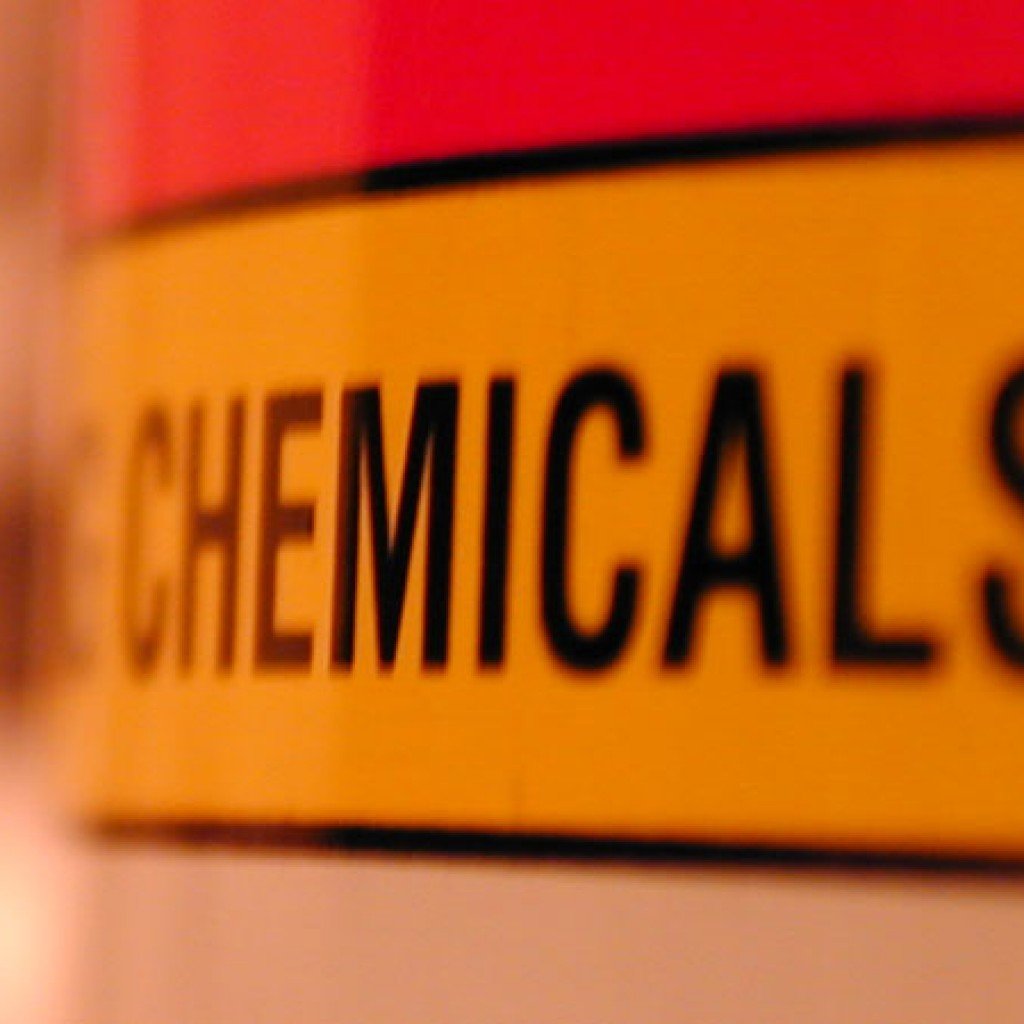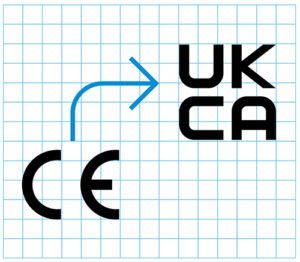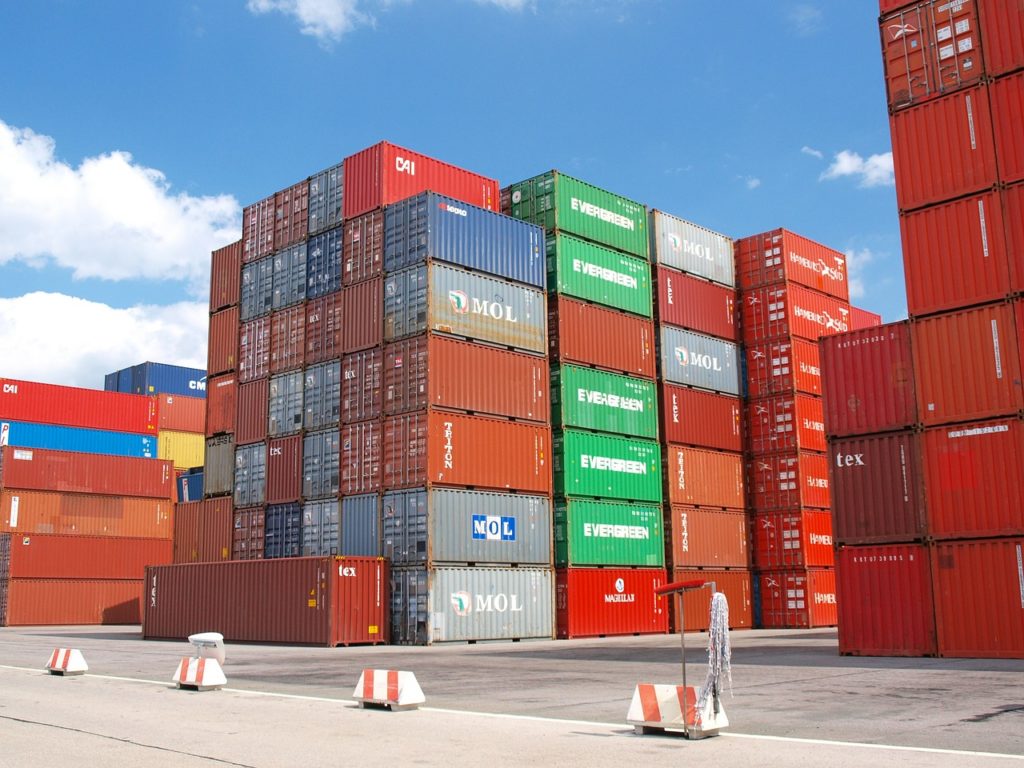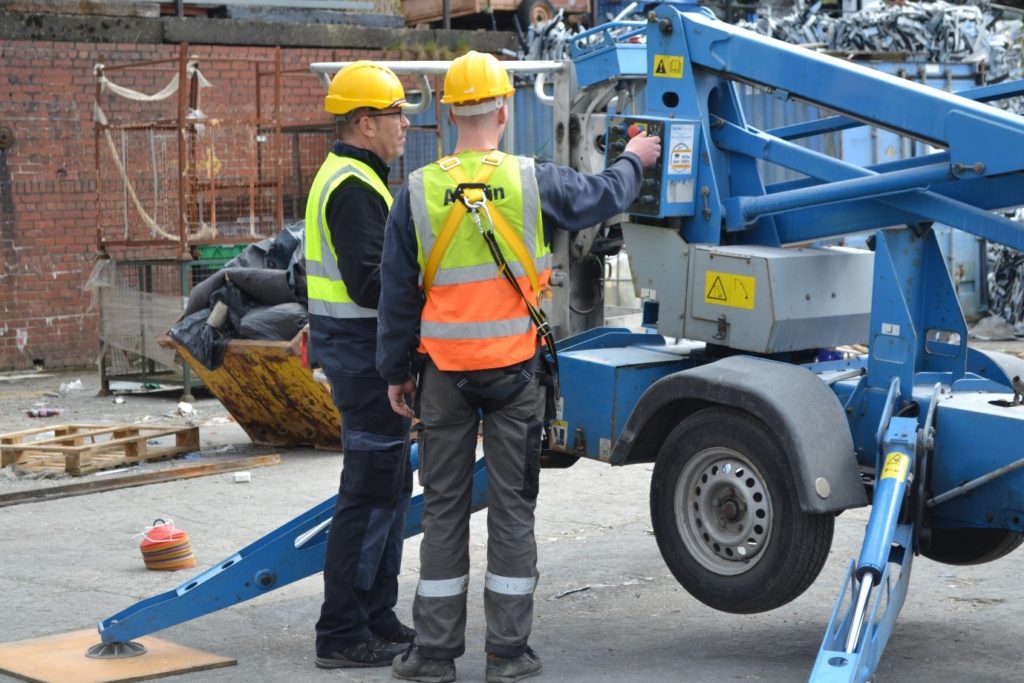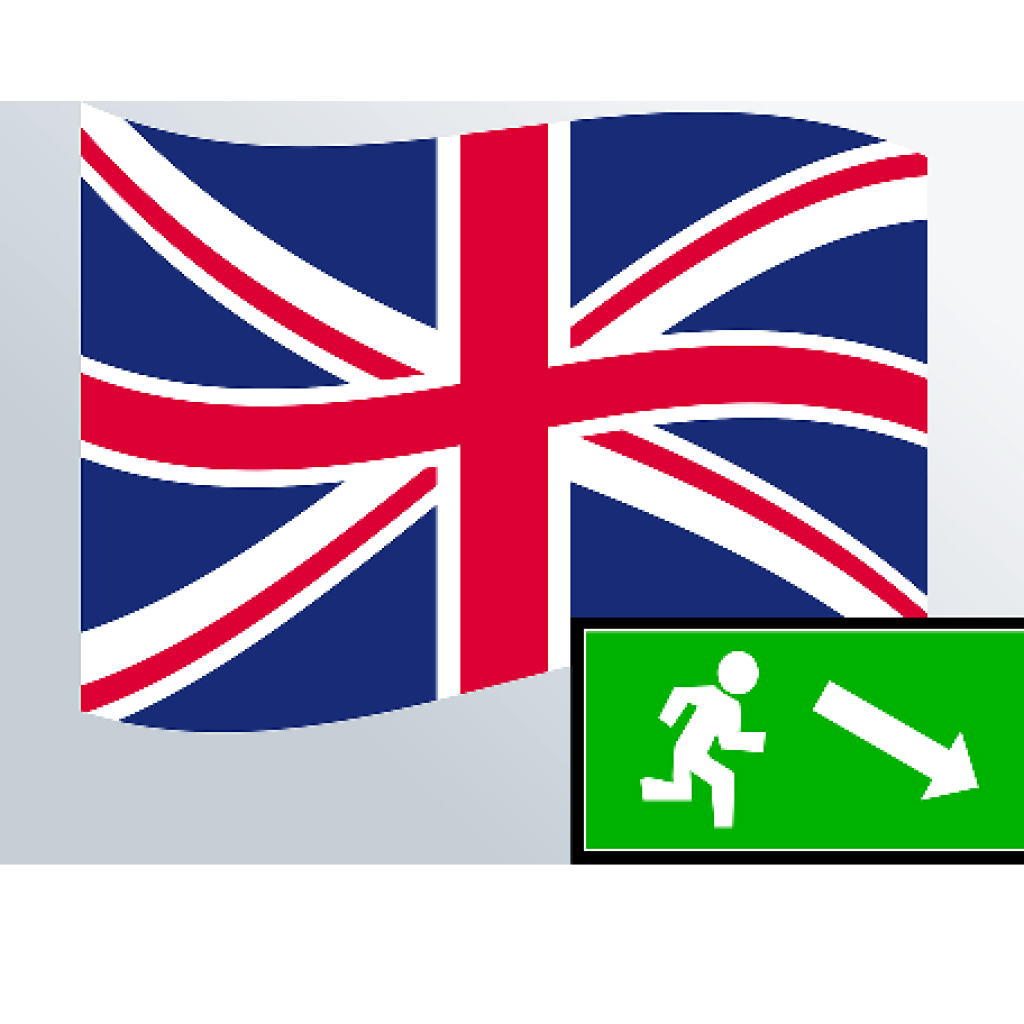The UK has left the European Union. This article provides advice and guidance for businesses on how to comply with REACH Chemical Regulations, advice for businesses wanting to gain or maintain access to the GB market and what businesses need to do to comply with regulations on manufactured goods placed on the EU market.
How to Comply with REACH Chemical Regulations
UK REACH, the UK’s independent chemicals regulatory framework, started on 1 January 2021.
This guidance sets out how to comply with the EU and UK REACH chemical regulations when using, making, selling or importing chemicals in the UK and in the EU. It has been updated to include access to the ‘Comply with UK REACH’ service.
Businesses which make, sell or distribute chemicals into Great Britain will need to follow the UK’s new domestic chemicals regulations including UK REACH. A new IT system has been developed to manage the UK’s chemicals industry which contributes some £11.2 billion GVA to the UK economy per year.
The ‘Comply with UK REACH’ system can be used by business to fulfil their transitional provisions and create new registrations. The new system enables the UK to make decisions on regulation of chemicals that are based on the best available scientific evidence, ensuring that chemicals remain safely used and managed.
Environment Minister Rebecca Pow said: “We have worked closely with industry and partners to develop the Comply with UK REACH IT system, which is fitting for our world-leading chemicals industry.
“Having our own independent chemicals regulatory framework will ensure that we make decisions that best reflect the UK’s needs while maintaining some of the highest chemicals standards in the world.”
Businesses will be able to use the Comply with UK REACH IT service to:
- Validate existing GB-held EU registrations (‘Grandfathering’);
- Submit downstream user import notifications (DUIN);
- Submit new substance registrations;
- Submit new product and process orientated research and development (PPORD) notifications.
Businesses will need to contact Health and Safety Executive to ensure that they:
- Validate existing UK-held product and process orientated research and development (PPORDs).
- Provide information on any authorisation matter, including new authorisation application, grandfathering of existing authorisations, and downstream user notifications of authorised uses.
Businesses based in Great Britain (England, Scotland and Wales) will need to need to follow UK REACH regulations to manufacture, import, sell or distribute chemical substances or mixtures. The ‘Comply with UK REACH’ service can be used to:
- Transfer your EU REACH registration into UK REACH (also known as ‘grandfathering’) to continue having access to the GB market.
- Submit a new registration for a substance.
- Notify that you’re going to continue importing substances from the EU or European Economic Area (EEA) by submitting a Downstream User Import Notification (DUIN).
- Transfer your assets, such as registrations, to another legal entity.
The guidance sets out information on:
- Before you start;
- UK REACH for GB businesses;
- UK REACH for NI businesses;
- GB held registrations: ‘grandfathering’;
- EU held registrations: GB downstream users;
- Tonnage band deadlines;
- EU market access for GB business;
- Importing from the EU to GB;
- Joint registrations;
- Substance groups;
- Authorisation;
Biocides
Following the end of the Transition Period on 31 December 2020, Great Britain is no longer part of the EU scheme for regulating biocides.
The HSE has released guidance which contains a series of fact sheets for businesses that want to gain, or maintain, access to the GB market after 31 December 2020. Each fact sheet addresses a different scenario and clearly presents what action you need to take, when you need to do it, and the consequences if you don’t.
The existing EU Biocidal Products Regulation (EU BPR) has been copied into GB law and amended to enable it to operate effectively in GB. This means that most aspects of EU BPR will continue in the same way under the new stand-alone regime – the GB Biocidal Products Regulation (GB BPR) came into force at 11pm on 31 December 2020.
The HSE has set out the main differences between EU BPR and GB BPR as well as the things that are unchanged, providing clear guidance on what action you need to take and when you need to do it.
Existing active substance approvals and UK product authorisations (including essential use authorisations and R&D permits) are valid in GB. You will need to ensure your company has a base in the UK and you may need to submit supporting data or other information to HSE (that has previously been submitted to the European Chemicals Agency (ECHA)) within prescribed timescales. This will be the same information as was previously submitted as HSE can no longer access the EU databases and IT systems where this information was held. HSE will not charge additional fees for receiving this data/information, however we will continue to charge fees for evaluating it. You will need to continue to meet any existing conditions such as post-authorisation requirements in GB as well as in the EU, the European Economic Area (EEA) and Switzerland.
Active substances
Active substances that were already in the EU Review Programme on 31 December 2020 are intended to be included in the GB Review Programme. For your active substance to be evaluated under the Gb Review Programme, you will need to submit your full application to HSE within prescribed timescales. Further information can be found in the guidance below.
Where an active substance/product type combination had previously been considered to be outside the scope of the BPR, but new guidance or an Article 3(3) decision is published which confirms it is within scope, you will continue to be able to submit a declaration of interest in notifying the active substance/product type combination for review.
Declarations of interest that were considered compliant under the EU Review Regulation on or before 31 December 2020 are considered compliant under the GB Review Regulation.
Time periods for submitting declarations of interest that had not expired on or before 31 December 2020 remain valid under the GB Review Regulation.
Where an active substance is redefined during a review, or the original participant withdraws their support, you will continue to be able to make a notification to take over support of that active substance / product type combination.
Notifications that were considered compliant under the EU Review Regulation on or before 31 December 2020 are considered compliant under the GB Review Regulation. To remain compliant, you will need to resubmit your notification to HSE within prescribed timescales.
Open invitations to notify that had not expired on or before 31 December 2020 remain valid under the GB Review Regulation and the same deadline to notify applies.
Products
Placing products on the single European market: A product safety guide for the UK
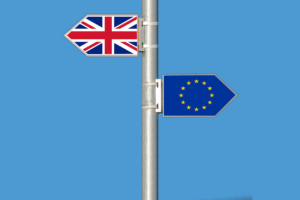 UK businesses wishing to supply goods into the single European market, comprising the EU and EEA member states, and Switzerland, must meet EU single market rules for product conformity and in many cases show this by CE marking.
UK businesses wishing to supply goods into the single European market, comprising the EU and EEA member states, and Switzerland, must meet EU single market rules for product conformity and in many cases show this by CE marking.
This guide, issued by the HSE, describes the common requirements for industrial products that must be met, primarily from a product safety perspective.
However, other non-safety product legislation may also apply to a particular product and must also be met in full for product compliance (eg environmental provisions). Furthermore, this guide is not a substitute for the provisions of the relevant European legislation or other detailed guidance such as the EU Blue Guide or the RAPEX guidelines.
Key examples of relevant European product legislation and topic guidance are listed.
The guide addresses:
- Placing industrial products on the single European market
- CE marking
- Conformity assessment
- EU Notified Bodies
- Essential requirements
- Standards and their use
- Technical documentation
- Instructions
- EU Declarations.
Placing Products for Use at Work on the GB Market: a Product Safety Guide
GB businesses wishing to supply goods on the GB market following the departure of the UK from the single European market must meet the amended GB rules for product conformity, and in most cases show this by the new UKCA marking. The main amending legal instrument is the Product Safety and Metrology etc (Amendment etc.) (EU Exit) Regulations 2019, which seek to provide continuity and maintain high standards for safety.
This guide, from the HSE, describes the common requirements for industrial products that must be met, primarily from a product safety perspective. However, other non-safety product legislation (eg environmental) which often impose similar duties on the various economic operators may also apply to a product and must also be met in full for product compliance.
This guide does not cover placing of workplace goods on the marketplace in Northern Ireland or goods from Northern Ireland being placed on the GB market as part of unfettered access.
UK product legislation is concerned with: the health and safety of people (and in many cases domestic animals), as well as the safety of property; the protection of the environment; correct product function; and other matters of public interest protection.
Although this guide mentions some other legislation (such as on electromagnetic compatibility) its emphasis is on industrial products and the risk to health and safety, by design and construction. New products may not be placed on the GB market unless they fully meet the requirements
of all product legislation relevant to the product. UKCA marking (and CE marking up to 31 December 2021), which is a sign of compliance, is required in most cases, as well as product labelling indicating the relevant economic operator(s). Manufacturers may only affix the UKCA marking when all of the requirements of all UK product supply legislation applicable to the product have been met.
Where UKCA/CE marking is not required by any product legislation applicable to the product
it must not be affixed (eg industrial scaffolding towers): in these cases manufacturers must meet any other applicable National requirements for the product. In the case of articles for use at work the obligations of Section 6 of the Health and Safety at Work etc Act 1974 must be met when it is made available on the GB market (the relevant part of the Health and Safety at Work (Northern Ireland) Order 1978 as amended also covers placing articles for use at work on the Northern Ireland market).
Where articles are not primarily intended for use at work, and other more specific product legislation does not apply, the General Product Safety Regulations 2005 apply to the placing and making available of products on the UK market.
Importers
Importers need to make sure that from 1 January 2021:
- Goods are labelled with your company’s details, including your company’s name and a contact address (until January 2023 you can provide these details on the accompanying documentation rather than on the good itself. This could be on a separate document or within other documents such as product manuals, as long as it is easily available to market surveillance authorities when requested).
- The correct conformity assessment procedures have been carried out and that goods have the correct conformity markings.
- The manufacturer has drawn up the correct technical documentation and complied with their labelling requirements.
- You maintain a copy of the declaration of conformity for a period of 10 years.
- Goods conform with the relevant essential requirements.
Guidance
The guidance covers the following:
- UKCA marking;
- Approved Conformity Assessment Bodies;
- Essential requirements;
- Standards and their use;
- Technical files;
- Instructions;
- Declarations;
- Obligations of economic operators to cooperate with market surveillance authorities.
Buying New Machinery
 This HSE leaflet is for anyone who is responsible for buying new machinery for use at work. It may also be useful for manufacturers, suppliers and users.
This HSE leaflet is for anyone who is responsible for buying new machinery for use at work. It may also be useful for manufacturers, suppliers and users.
It has been updated now that the UK is no longer a member state of the EU, and to reflect revisions made to other relevant UK product law in recent years. It is stressed that the Supply of Machinery (Safety) Regulations 2008 (as amended in 2011) continue in force unchanged even though the UK has left the EU.
It explains the main aspects of health and safety law you need to know about when buying new machinery for use at work to ensure it is safe.
The information in this leaflet is set out under the following sections:
- Summary of the law on new machinery.
- What you have to do in practice.
- More detailed information about machinery supply law.
- Checklists to use when talking to suppliers and buying new machinery.
Health & safety legislation podcast
In Episode 4 of the Safety & Health Podcast, hear about some of the latest health, safety and environmental legislation updates from Barbour EHS and IEMA.










